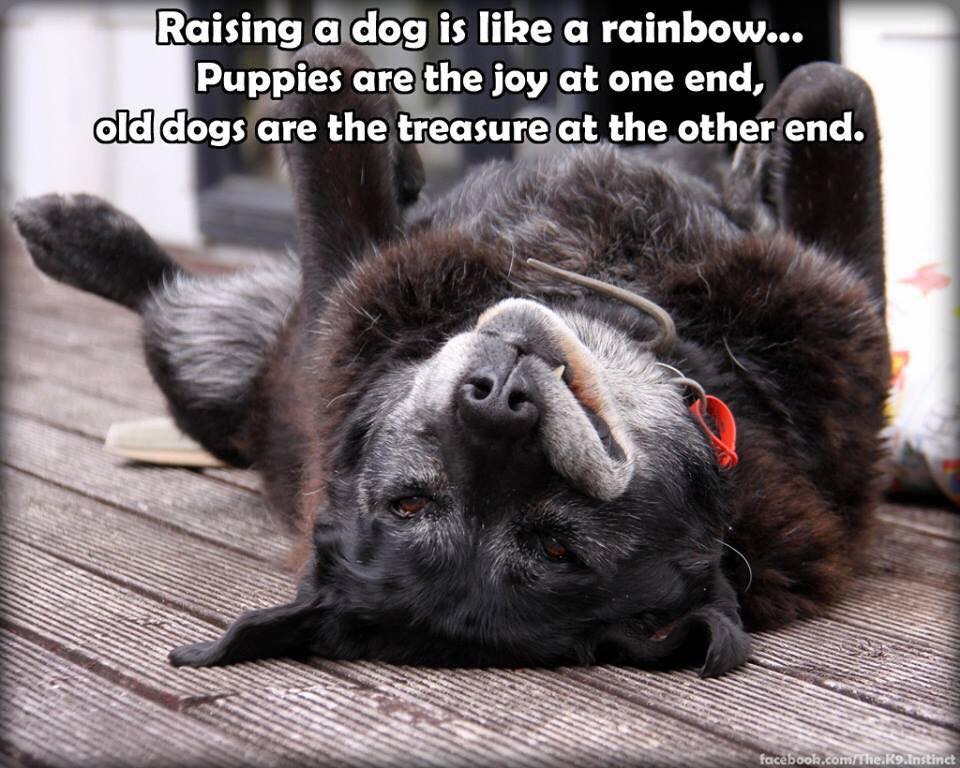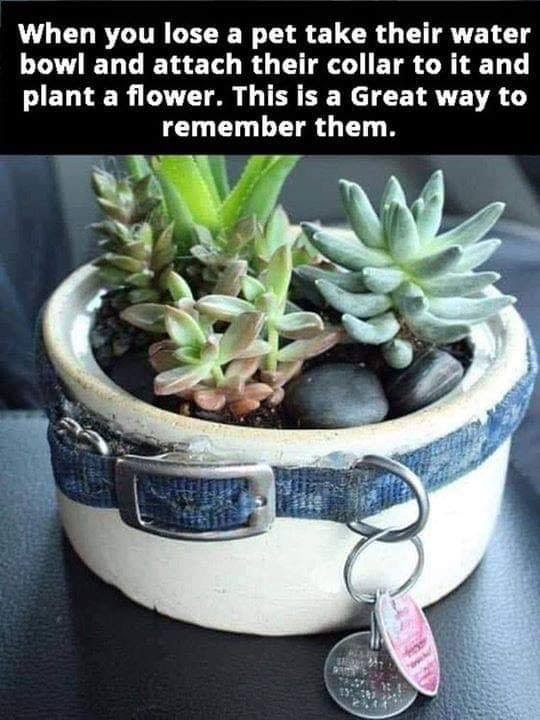Pet Bereavement And How To Cope
It is helpful to realise that your reaction to losing your pet is a normal response and these emotions can be considered a tribute to what your pet has meant to you.
Companionship
The pets in our lives are treated the same as a family member and they are very special to us. There are many different ways that animals contribute to our lives. Pets can bring us immeasurable rewards in the form of companionship, protection, relaxation, exercise… to name but a few. When grieving for your pet remember all the good times that you have been through together and focus on these.
Grief
Pets are considered to be a big part of our family and an integral part of our lives and we may mourn at their death as if we have lost a human friend or member of the family. The depth of emotion felt is often unexpected, but when you consider the friendship that may have been lost, the feelings of grief are not surprising. Each of us experiences the grieving process in a unique way. Often the first reaction is disbelief. It may be hard to accept that our animal is no longer with us. The house feels so empty and it is difficult to come to terms with the fact that your pet will not be coming back. The feelings of loss may be particularly deep if you have depended on your pet for emotional support. You may feel very sad and low for a while. Sometimes the loneliness is magnified by a lack of understanding from others. Some people may lose confidence and feel anxious about other animals that are in their care. It helps to share your feelings with a friend, a member of the veterinary staff or someone else who has had a similar experience. The PetSavers charity also offer a Pet Bereavement Support Service: 0800 0966606, their experienced team offer a sympathetic ear for recently bereaved pet owners.
Nothing can prepare you for the loss of a pet, through death or enforced separation, grieving is a sad and difficult experience for any pet owner. We’ve put together this blog with the help of PetSavers to help you come to terms with the loss of your pet.
Euthanasia …. a hard decision
We are responsible for the animal during its lifetime, and we are also responsible during the time of illness and death. It is natural to feel guilty when considering euthanasia. Sometimes we may feel angry that the animal cannot be saved and often think… ‘If only I had done… things could have been different’. It is important to discuss your concerns with our experienced team, who will be able to advise and guide you. This should re-assure you that the decision you have made, whatever the reason for euthanasia, has been the most appropriate one.
The future …..
After a while you will feel more able to direct your energies towards the future. Some people will soon want to fill the gap left by the loss of their pet. Other people may not be ready to get another animal for some time and may feel as if they are betraying their deceased pet by investing time and love in another one. Only you will be able to decide when you are ready to introduce a new animal into your household. We should understand that a new animal does not replace the pet that has been lost but brings into the home a new presence that fills the emptiness. If you do not feel ready to get a new pet, why not visit a local animal shelter and offer a few hours of your time helping to care for the homeless animals that need exercise and an extra cuddle.
Helping children to understand
Losing a family pet may be one of the first deaths we experience as children. Children should be told the truth about their pet, and from someone they know. The death of the pet should be explained in honest, simple language that they will fully understand. If possible the child should be warned if their pet is terminally ill or if euthanasia is going to be performed so that they can ask questions, prepare themselves for the loss and say their farewells. If your child wishes to be present at the time of euthanasia or to see the pet’s body afterwards, then please discuss this with your vet who will be able to offer advice. It is important to allow time for discussion at this very sensitive time; be prepared to show your feelings and talk about the animal’s death. Children may want to make some mark of remembrance to their dead pet. If burial of the body is not possible they may want to bury a momento, such as their pets toy or lead, in a favourite spot and plant some bulbs or flowers. Some children may want to draw pictures or write poems. This will help them grieve and come to terms with the loss. Children who can grieve and then let go of their grief will be better prepared for future losses in their life.
This blog has been produced by PetSavers and edited by Young Veterinary Partnership. The PetSavers charity raises funds for studies into the prevention, treatment and/or cure of illnesses and conditions affecting our pets, so that they can enjoy longer, fuller and healthier lives. You can help to support the charity by visiting www.petsavers.org.uk they also offer an e-newsletter to keep you updated with their latest news. If you, or someone you know is struggling to cope with the loss of their pet please offer them the PetSavers Pet Bereavement Service: 0800 0966606.





